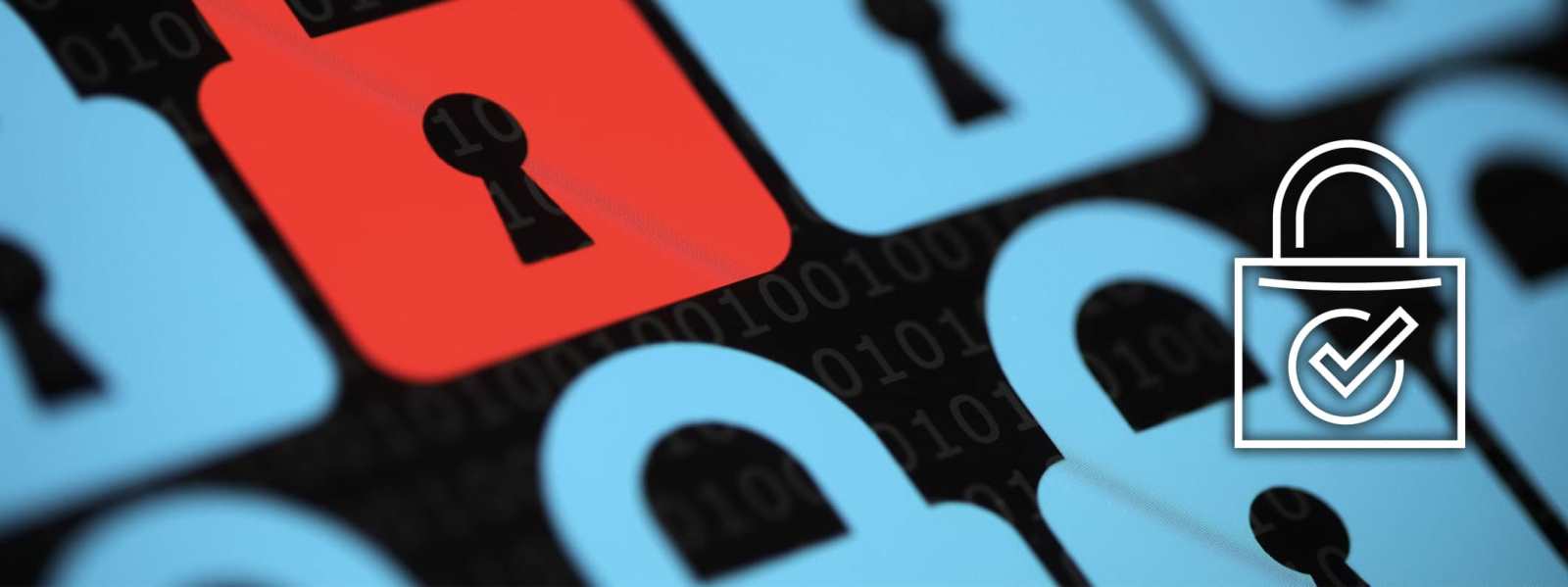Physical security is just as important as online security in protecting yourself, your data and your devices. Remember to lock it up or lock it down before you leave it.
Top tips for physical security
- lock your computer before leaving your desk
- keep confidential paperwork in a locked drawer
- when travelling, store your devices in a safe or take them with you
- use a PIN, a password or fingerprint ID to lock your mobile devices
- wipe your devices of before recycling them
- regularly backup your mobile devices as they are more likely to be lost, damaged or stolen
- avoid leaving mobile devices or personal documents unattended in a public place or car
- do not get distracted by strangers in a public place when your mobile devices are visible
- be aware of ‘shoulder surfing’ when using your device in a public place – always check that no-one is looking over your shoulder or listening to confidential conversations
What should I do if my smartphone, tablet or laptop is stolen?
If your smartphone, tablet or laptop is stolen, you should do the following as soon as possible:
- notify the police
- for phones, notify your phone service provider
- use remote wipe if available
- notify the Helpdesk using the details on our contact Information Services page if you use the device to access University information
- change passwords on any accounts that may have been compromised
